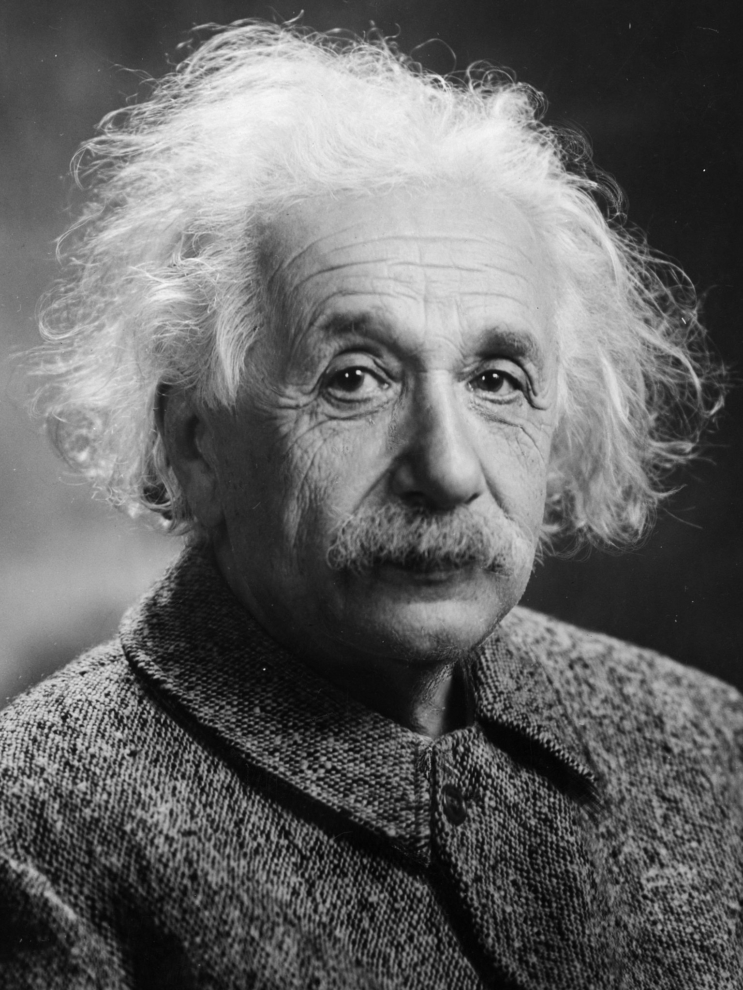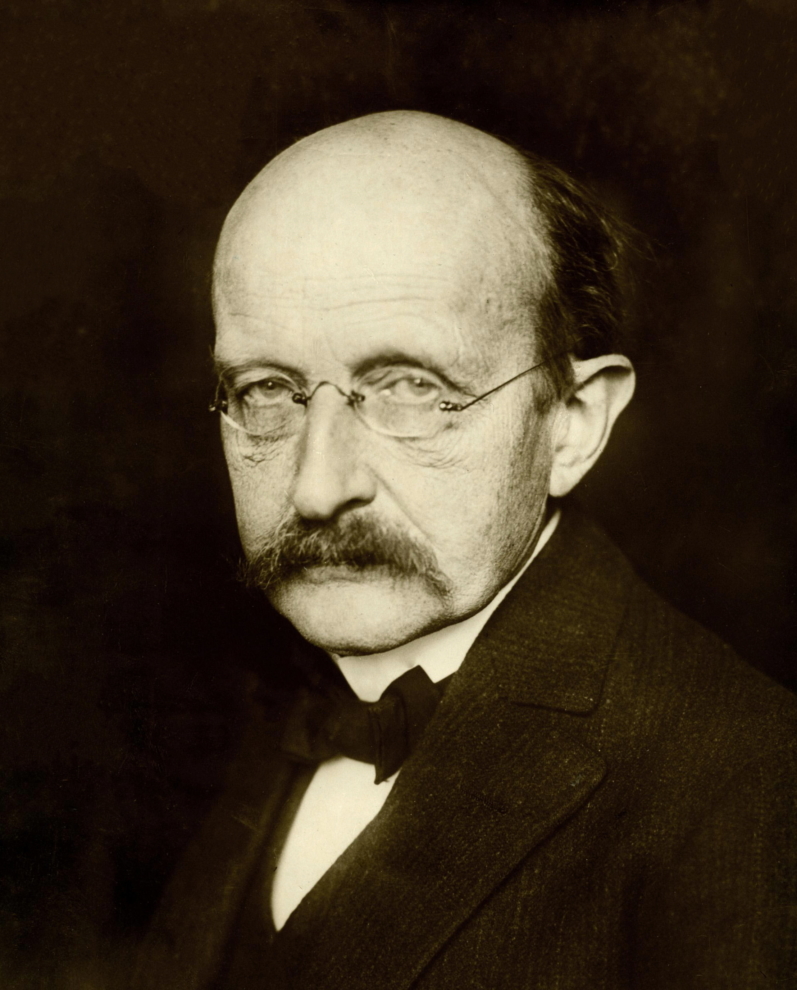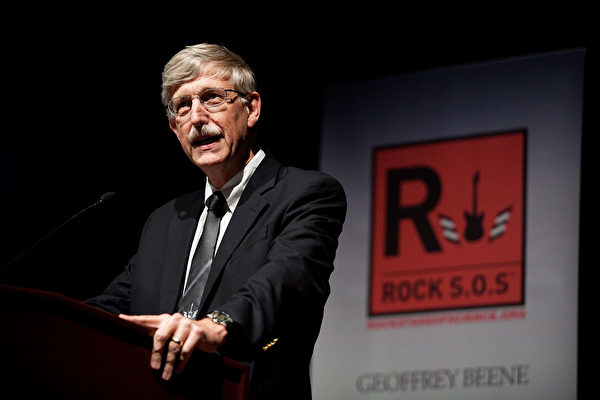10 of the world's most famous scientists also believe in God
Not only Louis Pasteur but other prominent scientists also believed in God. According to United Nations statistics, out of 300 outstanding scientists over the past three centuries, only 20 do not believe in God, and 242 believe in God, including familiar names such as Newton, Edison and Roentgen, who discovered X-rays, also included Volt, Ampere, Ohm, Madame Curie, Einstein, etc.
In the 20th century, more than 90% of scientists from England, America and France believed in God, and even the 10 most famous scientists in the world believed in God. This article introduces three famous scientists in modern and contemporary times who believe in God, along with their statements about their belief in God.

Albert Einstein
“Try to use our limited means to explore the mysteries of nature, and you will see that behind it all there is something wonderful, invisible and indescribable. Okay. Awe of the power that surpasses the power of the intelligible is my religion. In this sense, I am truly religious.”
Albert Einstein responded to the German critic and atheist Alfred Kerr at a dinner in 1927, quoting from H.G.'s 1971 Diary of a Cosmopolitan “Metropolis.” Kessler.
ntdvn 1536px albert einstein head
Albert Einstein. (wikimedia)
Max Planck, one of the founders of quantum mechanics
As someone who has devoted his life to the most obvious scientific field – the study of matter, I can tell you the results of my research on atoms like this: “There is no such thing as matter. matter".
“All matter can only be created and exist under the influence of a force. This force causes an atomic particle to vibrate and support the smallest ‘atomic solar system’. We must assume that behind that force there is a conscious and wise spirit. This spirit is the origin of all matter." Excerpted from Max Planck's 1944 speech “The Nature of Matter” in Florence, Italy.

Max Planck. – Source: Internet
Note: Max Planck is considered one of the founders of quantum mechanics. According to the official Nobel Prize website, he was awarded the Nobel Prize in Physics in 1918 for his “discovery of the energy quantum and his contribution to the development of physics.”
Dr. Francis Collins, Chairman of the National Institutes of Health
He was once an atheist, but is now a religious believer. He served as head of the Human Genome Project and is currently president of the National Institutes of Health. He wrote an article for CNN in 2007 titled “Why This Scientist Believes in God”:
“I consider DNA, the information molecules of all living things, to be the language of the Divine; The elegance and complexity of our bodies and other parts of nature are expressions of Divine creativity.”
“I did not agree with these views from the beginning. As a graduate student in physical chemistry in the 1970s, I was an atheist and there was no other truth besides mathematics, physics and chemistry. But then I went to medical school, facing the life and death of my patients, one of them touched my concept, he asked: 'What do you believe in, doctor?' And I started looking for the answer."

Dr. Francis Collins speaks at the Capitol Visitor Center in Washington, DC on September 24, 2009. (Paul Morigi/Getty Images for ResearchAmerica).
“I must admit that the science I love so much cannot answer: What is the meaning of life? Why am I here? Why is math possible? If the universe had a beginning, then who created it?
Are the physical constants in the universe so finely established that complex life forms can exist? Why do people have a sense of morality? What happens after we die?".
We believe in scientists, believe in their inventions and inventions that have brought modern life, much more comfortable than in the past. Now, we have washing machines, dishwashers, cars, subways, airplanes, spaceships, etc. In the past, we only had long and tiring walks and horseback rides. But most scientists believe in God.
Superstition is a way of saying someone believes in something. Just like children believe in their parents, students believe in their teachers, etc. Actually, it is not necessarily wrong to say that Louis Pasteur was superstitious, it was because he believed in God. Humanity is just groping to research the extremely vast universe out there, our Earth is also very small compared to the Sun, the Milky Way system, and countless galaxies.
If we limit ourselves to prejudices, it will take us a long time to reach the truth and go in the right direction. If we go the wrong way, we may miss out on extremely valuable things.
- Australian student visa fees double
- Event to answer questions about studying abroad in boarding high schools and universities in the US
- American teachers share how to quickly increase SAT scores in the summer
- SP Jain Global Achieves 100% Student Employment Rate in Two Years
- BLA helps thousands of young people study abroad and develop their careers in Germany
Website of Vietnam Union of Science and Technology Associations
License number: 169 / GP-TTĐT, dated October 31, 2017
Head of Editorial Department: VI VU
The Vietnam Union system was founded with 15 members. Currently, that number has risen to 148, including 86 national industry associations and 63 local associations. In addition, in the system of the Vietnam Union, there are more than 500 scientific and technological research units established under Decree 81 (now Decree 08); over 200 newspapers, magazines, electronic newspapers, newsletters, specialties, electronic news sites.